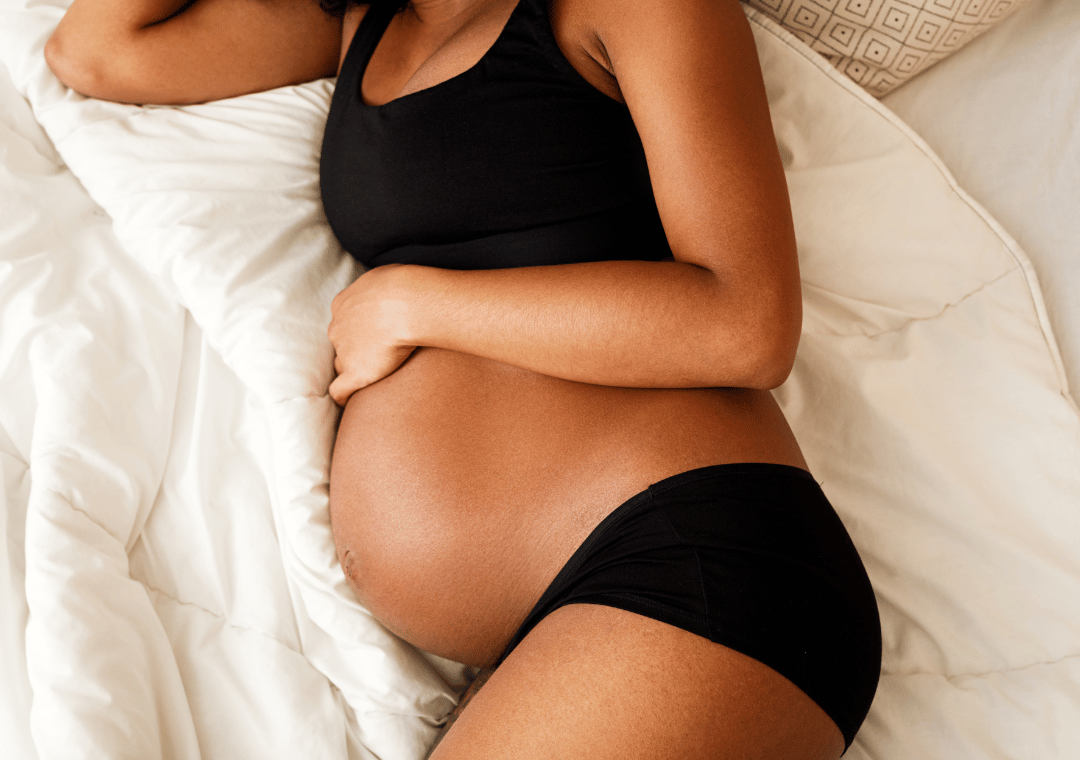
Early Pregnancy
- Pregnancy is most commonly dated by your last menstrual period (LMP), unless you have used other fertility treatments such as embryo transfer (ET) or intrauterine insemination (IUI)
- Pregnancy can be detected in several ways:
- Home pregnancy urine test: results are highly accurate, and can detect pregnancy at about 2-3 weeks gestation. Most doctors recommend waiting until after your first missed period to take this test.
- Blood test: a blood test that measures the exact amount of hcg in your bloodstream (quantitative hcg) can be used to detect a pregnancy slightly earlier than a urine test, though the results often require further trends and interpretation. The blood test is most commonly used to track a possible abnormal early pregnancy such as an ectopic pregnancy or an early miscarriage. It is generally not used for uncomplicated pregnancy.
- Symptoms:
- Nausea and vomiting: these may be the first symptoms you experience, and can range from very mild to severe. Non-medical treatments include ginger and peppermint. You may consider trying these first, but if you are unable to keep liquids down you need to contact your doctor about prescription treatment. Of note, it is perfectly ok not to experience nausea and vomiting – the lack of symptoms isn’t a worrisome sign for your pregnancy (you might just be lucky!). Also, staring prenatal vitamins 2-3 months prior to pregnancy has been shown to decrease the severity of these symptoms
- Cramping: slight cramping can be normal during early pregnancy, but any severe abdominal or pelvic pain should be reported to your doctor right away.
- Bleeding: some spotting may occur during a normal pregnancy, but any bleeding should be reported to your doctor, especially if accompanied by pain
- What do I do when my pregnancy test is positive?
- First, if a urine pregnancy test is positive, you are pregnant (there are rare cases of false tests, but it’s safest to act as though you are pregnant)
- Second, take a deep breath, and schedule your first prenatal appointment. Your doctor will be able to guide you through everything that comes next – taking a list of questions can be help you remember the most important items to answer
- If you haven’t started already, now is the time to begin taking prenatal vitamins, and adjusting your diet and exercise (see Diet & Exercise)
- An ultrasound will come next to date the pregnancy – but be patient! Pregnancy can usually be visualized by 6 weeks, but ultrasounds (especially in the office) might not always be able to find an early pregnancy. Follow up ultrasounds and blood tests will help figure out any questions.
_____________________________________________
Written by Dr. Nathaniel DeNicola. OBGYN, expert in maternal care.
Nathaniel DeNicola, MD, MSHP, FACOG is an assistant professor of obstetrics & gynecology at the GW School of Medicine & Health Sciences. Dr. DeNicola received his undergraduate degree from the University of Notre Dame, his medical degree from the University of California, Irvine, and completed his residency at Tulane University. He previously worked as an assistant medical director in Southern California and served on The American Congress of Obstetricians and Gynecologists (ACOG) Louisiana Legislative Committee.

